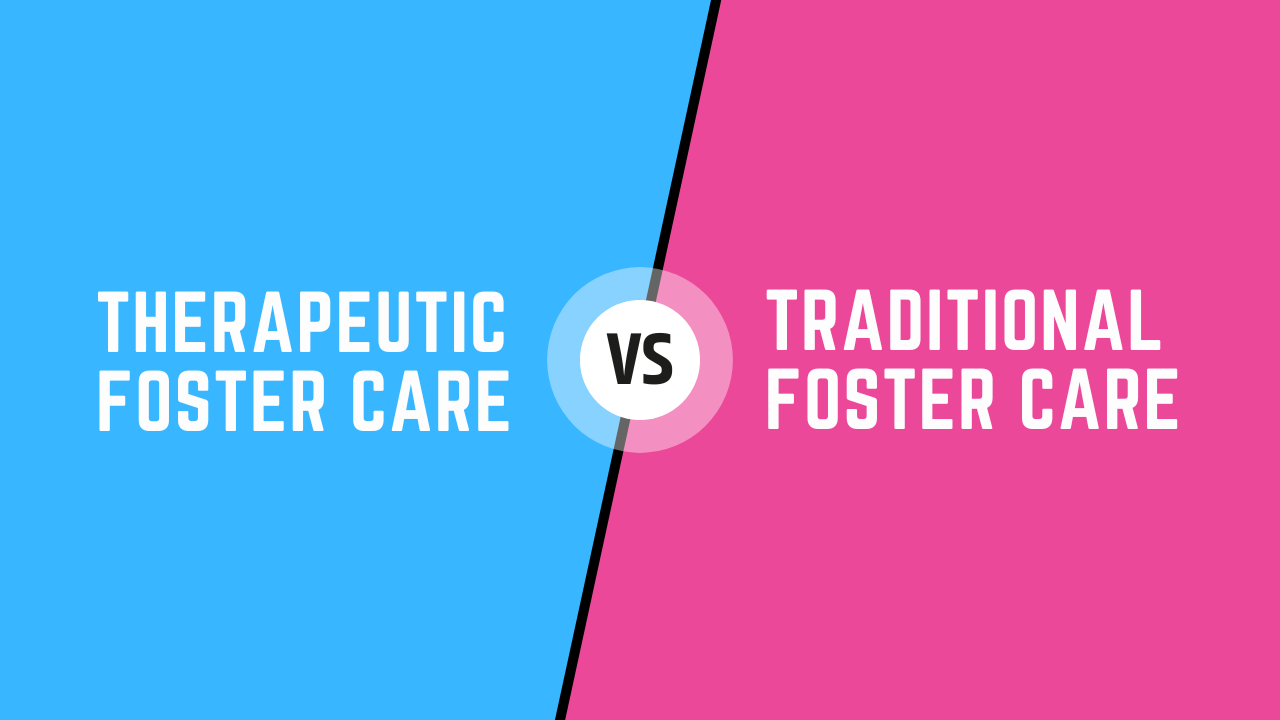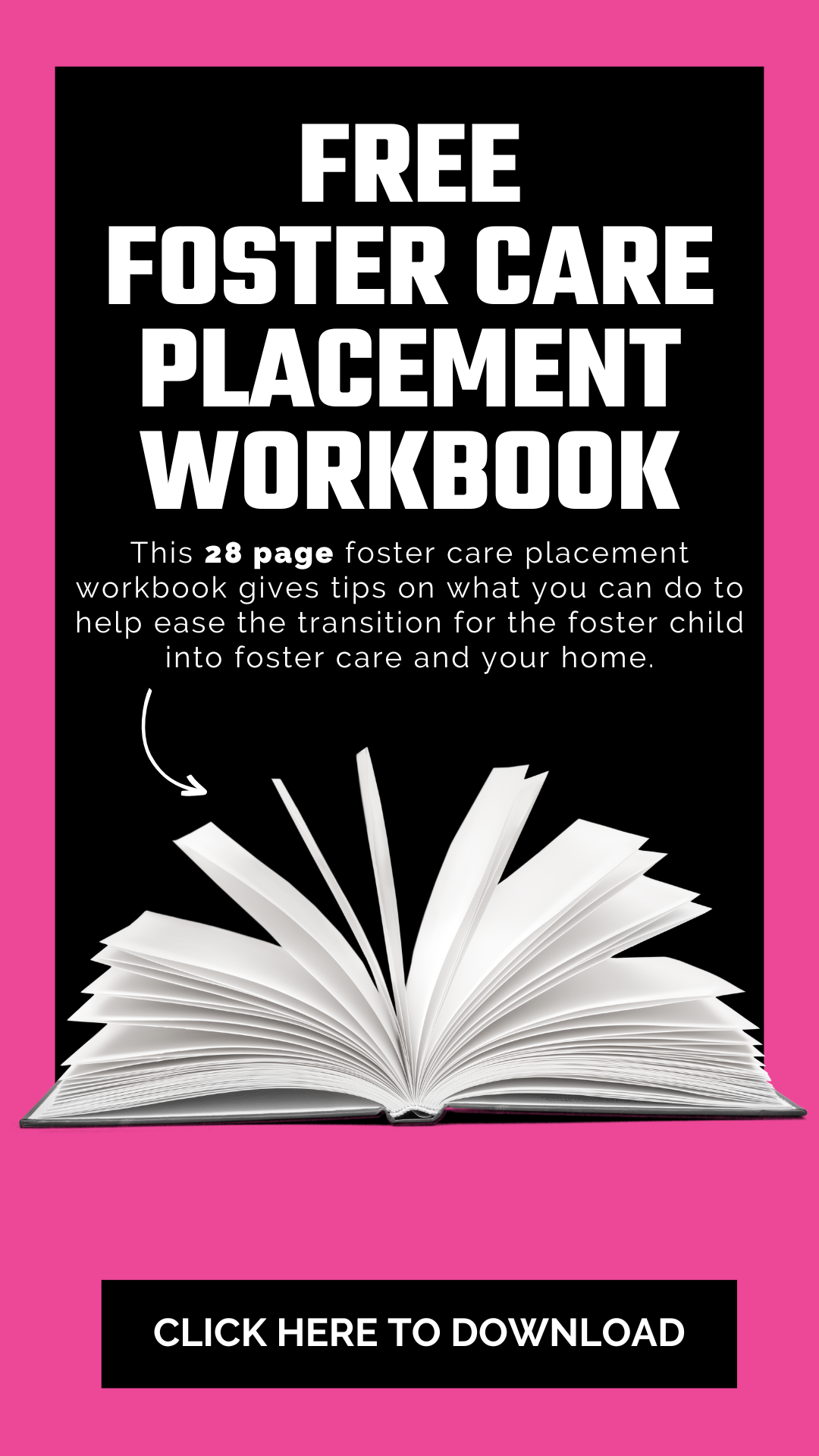
When the average person talks about “foster care,” they may not be aware of the significant differences between specific approaches of care. There are important distinctions between “Traditional” and “Therapeutic” foster care, that allow them to meet the unique needs of children they serve.
Understanding the differences between these approaches are is crucial when considering becoming a foster parent, because while both serve the needs of vulnerable children, they operate with different goals, training requirements, and levels of support:
| Aspects of care | Traditional | Therapeutic |
| Goal and focus | Primary objective: to provide a temporary home for children who are unable to live with their biological families – focused on providing stability, love, and support until the child can be reunified with their family or find a permanent placement through adoption | Designed to address the specific needs of those children in foster care who present with more complex emotional, behavioral, or medical challenges. Provides specialized therapeutic interventions and support to help these children heal and develop coping skills. |
| Training and support | Standard training program covering the basics of foster parenting – including child development, trauma-informed care, and navigating the child welfare system. | In addition to the standard training, foster parents are trained on skills to address the unique needs of the children in their care; this may include specialized training in trauma-focused therapy, behavioral management techniques, or medical care. |
| Therapeutic services | No specialized services beyond those needed to provide a safe and nurturing environment for the child. | Therapeutic services are integrated into the child’s care plan. Treatment foster parents often work closely with therapists, counselors, and other professionals to implement individualized treatment plans – which may include therapy sessions, medication management, or specialized interventions to address the child’s specific needs. |
| Case management and team collaboration | Case managers oversee the child’s placement, ensuring their well-being and coordinating services. | Often involves more intensive case management due to the child’s more complex needs. Foster parent collaborates closely with a team of professionals, including therapists, caseworkers, and medical providers, to develop and implement a comprehensive treatment plan. |
| Duration of placement | Vary in duration from short-term to long-term, depending on the circumstances and the goal of reunification or adoption. | Placements may be more specialized and focused on meeting the child’s specific treatment goals. As a result, placements may be longer in duration in order to provide the child stability and consistency as they work through their challenges. |
As a prospective foster parent, you will want to find the right fit for your skills, interests, and willingness to meet the unique needs of the children placed in your care. Whether you choose to pursue traditional foster care or therapeutic foster care, your dedication and commitment to providing a safe and loving environment can make a significant difference in a child’s life.


